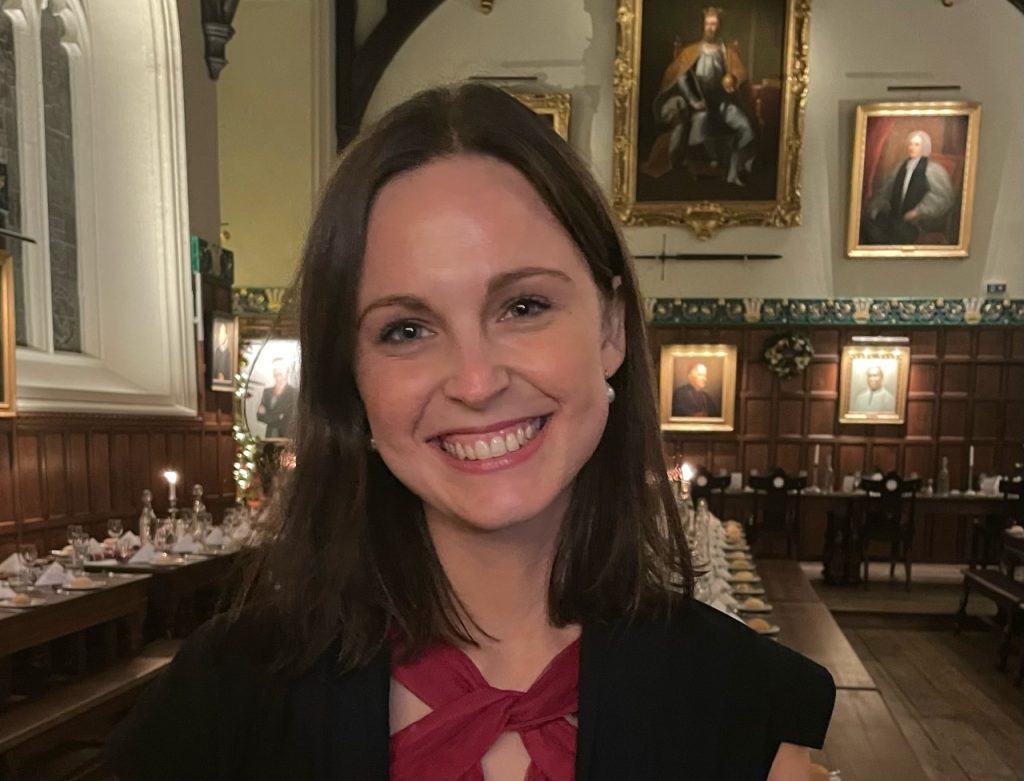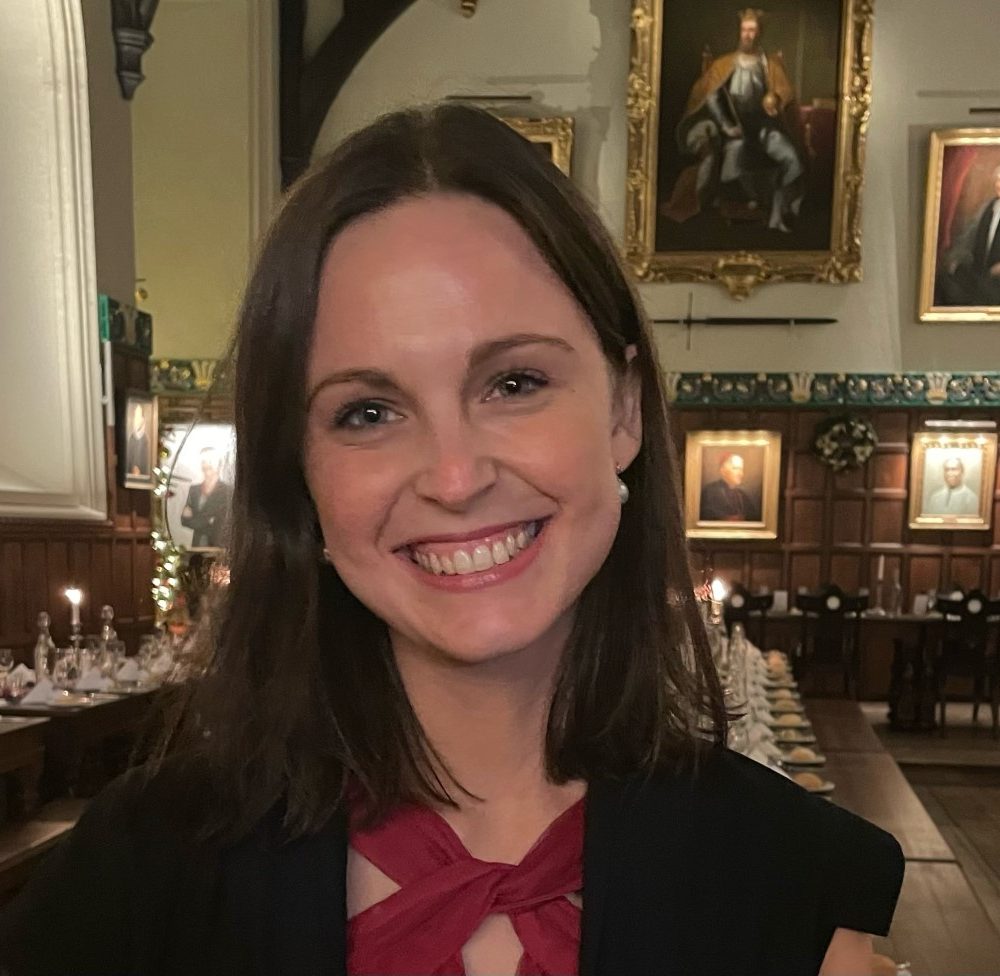Isabelle is a part-time student on the MSc Teacher Education course. She combines her study with her role in pre-service teacher education at a German university. Before studying at the department, Isabelle completed an MPhil in Research in Second Language Education at the University of Cambridge.
What undergraduate degree did you study before coming to the department and where did you study it?
I studied the MPhil in Research in Second Language Education at the University of Cambridge. It is an interdisciplinary course on language education and applied linguistics with a strong focus on research methodology. Before my time in the UK, I had completed degrees to teach modern foreign languages at secondary school level in Germany, and I have taught at schools in Germany, France and England.
What degree did you apply for and why was it important to you to study this?
Not only “the teacher matters”, as Hattie would say, but also “the teacher educator matters”, which is why I was looking for a professional development course to help me grow as a pre-service teacher educator. The MSc in Teacher Education at Oxford brings together teacher educators from various subjects and settings and equips us with the necessary discourse and tools to engage with and in research, adding direct value to my development and that of my student teachers.
What do you hope to go on to do once you’ve completed your postgraduate degree? What do you hope to achieve?
I hope to get the opportunity to do a DPhil in Education. I have noticed some gaps in research regarding university-based language teacher educators and their development of professional identities, which I would like to work on to combine practice-based research and evidence-based teaching.
What do you most value about the teaching at the department?
I appreciate the professors’ expertise, experience, high degree of self-reflexivity and genuine desire to provide the best teaching experience for us so that we can improve our own teaching. The teaching approach is participatory, research-oriented and collaborative. The introduction of special interest groups as an opportunity to engage with issues outside of the course content and in which even the course coordinator participates is a marvellous addition to the course.
What’s the community (student & staff) like at the department?
I value how our dedicated professors create such a safe, stimulating and supportive space, which helps us flourish. It is enriching to learn with and from intrinsically motivated students from such diverse settings and subjects, who all share the aspiration to improve teaching and learning.

The introduction of special interest groups as an opportunity to engage with issues outside of the course content and in which even the course coordinator participates is a marvellous addition to the course.






